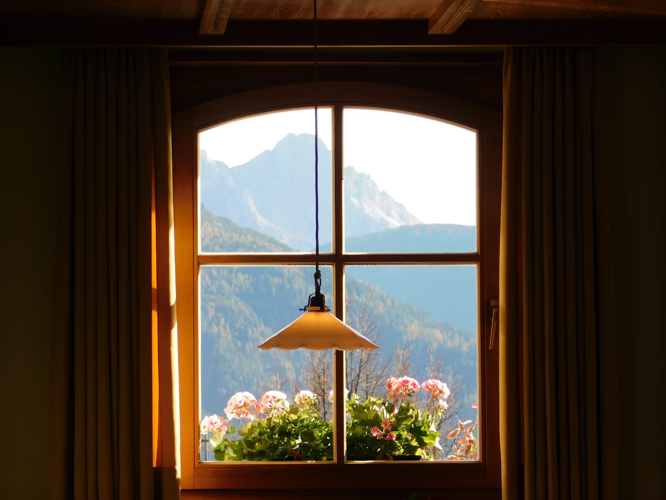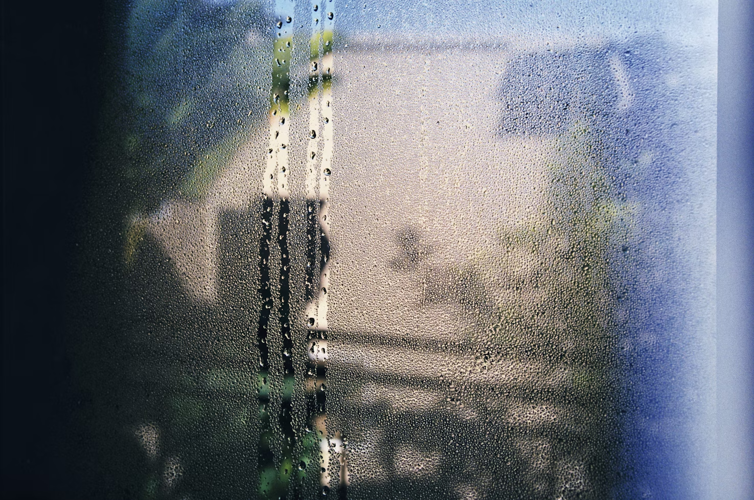Windows are more than just architectural features. They influence everything from a home's energy efficiency to indoor comfort and curb appeal. Over time, windows wear down like any other component of a house. Knowing when they need replacing can save you money and frustration in the long run. Rather than waiting for problems to worsen, it’s helpful to recognize early signs that your windows are no longer doing their job. The following are key indicators that it's time to consider a full replacement.

Drafts and Air Leaks
One of the most obvious and inconvenient signs of failing windows is the presence of drafts. If you find yourself reaching for a blanket every time you sit near a window in winter, or if cool air seems to escape your home too quickly in summer, it may not just be the weather. These subtle currents of air can signal broken seals, poor insulation, or warped frames that no longer align properly. You might notice curtains moving slightly when the wind picks up outside, even with the windows shut. It’s easy to dismiss this as normal aging, but over time, these leaks can significantly raise energy bills. Engaging window installation specialists can help identify the root cause and recommend the best course of action. Sealing issues often affect more than just comfort; they reflect deeper structural wear that simple repairs won’t resolve.
Visible Damage or Warping
Windows face the elements every day, and over time, that exposure takes a toll. One of the most telling signs that it’s time for a replacement is visible damage or structural warping. Wooden frames, while classic and attractive, are especially prone to deterioration when exposed to moisture. Over the years, repeated exposure to rain and fluctuating temperatures can cause wood to swell, crack, or rot. You might notice paint peeling away, soft spots in the frame, or sections that feel spongy when pressed. These issues not only affect the appearance of your windows but also compromise their strength and durability.
Vinyl and aluminum frames aren’t immune either. Constant sun exposure can cause vinyl to bend or warp, while aluminum may corrode or oxidize. These changes might seem minor at first, but they often lead to gaps between the sash and the frame, letting in drafts and reducing insulation. Warped or damaged frames can also cause mechanical problems, making it difficult to open, close, or lock your windows. This not only impacts ventilation but can become a security concern if the window no longer closes tightly or the lock doesn’t engage properly.
Condensation Between Panes

Modern windows typically feature double or triple panes separated by insulating gas. This design helps maintain indoor temperatures and reduces outside noise. When you notice fog, haze, or water droplets forming between these panes, it's a red flag. This foggy appearance indicates a failed seal, which allows air and moisture to seep into the space between the panes. Not only does this diminish the window’s insulating properties, but it also suggests that the window has lost its thermal barrier. That insulating layer is one of the most important features of energy-efficient windows. Once it’s compromised, you’re no longer receiving the performance you paid for. Replacing the entire window is often the only way to restore that lost efficiency and clarity.
Difficulty Operating Windows
Windows should open and close with ease. If you're struggling to slide them along the tracks or they get stuck halfway, there's an underlying issue. This can stem from frame swelling, accumulated debris, mechanical failure, or warping. In double-hung windows, the balance system may have deteriorated, causing the sashes to slip shut instead of staying in place. Difficulty in operation isn’t just an annoyance; it can create a safety hazard. In emergencies, being unable to open a window quickly can be dangerous. Additionally, windows that no longer close tightly can lead to increased heating and cooling costs. Constant use and exposure gradually wear out moving parts, and if regular maintenance doesn’t resolve the issue, full replacement is likely on the horizon.
Outside Noise Becomes Noticeable
Older or damaged windows often lose their ability to block sound. If street traffic, barking dogs, or neighborhood activity seem louder than before, your windows might be the culprit. Well-sealed, double- or triple-glazed windows offer a noticeable buffer against outside noise. When that barrier breaks down, outside sounds filter in more easily. This can interrupt sleep, concentration, or the enjoyment of a quiet evening. Soundproofing isn’t just about luxury; it affects your quality of life. Increased noise may also point to air gaps or deteriorating insulation, meaning the window isn’t just louder, it’s less energy efficient. If quiet used to be one of your home’s features and that has changed, your windows may no longer be up to the task.
Rising Energy Bills
Energy bills rarely drop, but if yours are climbing more steeply than expected, old windows may be contributing. Poorly sealed or single-pane windows lose a significant amount of heated or cooled air, making your HVAC system work overtime. You might feel the chill near certain windows in winter, or find your air conditioner running constantly during the summer. Windows play a major role in temperature regulation, and older models often fall short of modern efficiency standards. While insulation and appliances matter, the performance of your windows is often underestimated. High-performance replacements can make a measurable difference, with tighter seals, improved materials, and multiple panes designed to retain heat in winter and keep it out in summer. Investing in new windows pays off when the energy savings begin to offset the installation cost over time.
Recognizing when it’s time to replace your windows requires a bit of attention and awareness. Drafts, physical damage, condensation, noise, and rising energy costs all tell a story. It’s not just about aesthetics, though new windows can certainly refresh the appearance of your home; it’s about performance, comfort, and efficiency. While repairs may work in the short term, they often mask deeper issues that can’t be fully resolved without a complete replacement. When these warning signs become too frequent or obvious, consulting with professionals ensures that your home remains secure, efficient, and comfortable year-round. Keeping an eye on your windows isn’t just a home improvement project; it’s a step toward preserving your investment and improving everyday living.




(0) comments
We welcome your comments
Log In
Post a comment as Guest
Keep it Clean. Please avoid obscene, vulgar, lewd, racist or sexually-oriented language.
PLEASE TURN OFF YOUR CAPS LOCK.
Don't Threaten. Threats of harming another person will not be tolerated.
Be Truthful. Don't knowingly lie about anyone or anything.
Be Nice. No racism, sexism or any sort of -ism that is degrading to another person.
Be Proactive. Use the 'Report' link on each comment to let us know of abusive posts.
Share with Us. We'd love to hear eyewitness accounts, the history behind an article.